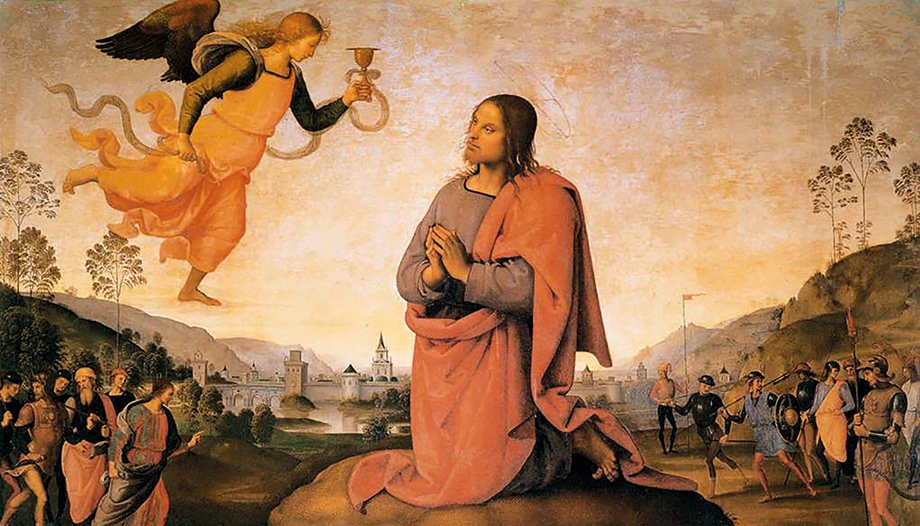Commentary on the readings of Sunday XVII
Luke's reconstruction of the context in which Jesus' prayer to the Father, which has always defined Christians, is given to his disciples, is very realistic.
Jesus turns aside to pray, as the reader of Luke's Gospel has become accustomed to seeing: "He used to retire to uninhabited areas and devote himself to prayer." (5, 16); "In those days Jesus went out to the mountain to pray and spent the night praying to God." (6, 12); "once Jesus was praying alone" (9:18); "he took Peter, John and James and went up on the top of the mountain to pray." (9, 28).
The person asking you about prayer is "one of his disciples"although his request seems to be made on behalf of everyone: "Teach us to pray.". The motivation given corresponds to the custom of the time: each group had its own way of praying, the disciples of John, the Essenes, the Pharisees.
But it must have been more fascinating for the disciples to see Jesus praying with an unusual familiarity with God. And they longed to be able to draw on that same way of praying. To discover his secret.
In fact, in that word, "Father," is contained the secret that the disciples wanted to discover, and from that moment the nascent Church began to imitate Jesus in his relationship with the Father. G. Ravasi writes: "Unlike Matthew, who uses the more Judaizing and less original form 'Our Father', Luke has only 'Father', translated from the original Aramaic used by Jesus, Abbà, 'dear father', 'papa'. And in this there is not only the ipsissima vox Iesu, there is the echo of a historical word of Jesus, as the German scholar J. Jeremias has shown, but also the courageous voice of the Church that discovers God very close and 'human' in an absolutely new and unprecedented relationship: 'We are before something new and unprecedented, which surpasses the limits of Judaism. Here we see who the historical Jesus was: the man who had the power to address God as Abba, and who made sinners and publicans sharers in the kingdom, authorizing them to repeat this one word: 'Abba, dear Father' (Jeremiah)"..
The parable that immediately follows offers a new nuance of the climate of the relationship with the Father, that of friendship. There are three friends. One arrives suddenly in the evening from a journey, with nothing, to ask for hospitality from his friend, who also has nothing to feed him, and turns to a third friend to insist that he borrow three loaves of bread.
In a few words Jesus relates all the vivacity of the fraternal relationship that is also friendship in the Church, and the filial relationship that is also friendship with God, who alone can help in many matters in which we intercede for our brothers. He is the only one who can give the Holy Spirit.
The homily on the readings of the 17th Sunday of the week
The priest Luis Herrera Campo offers its nanomiliaa small one-minute reflection for these readings.









